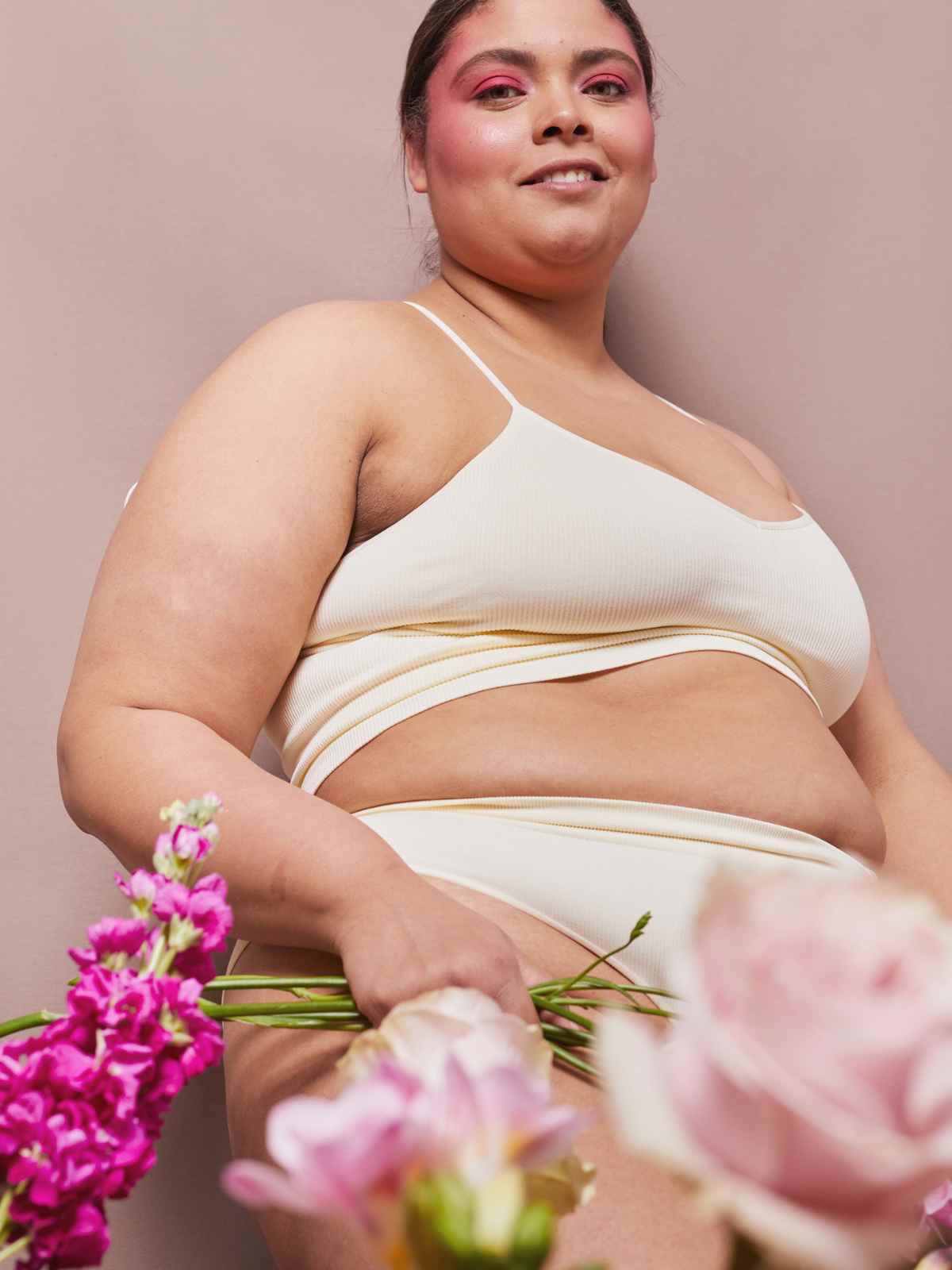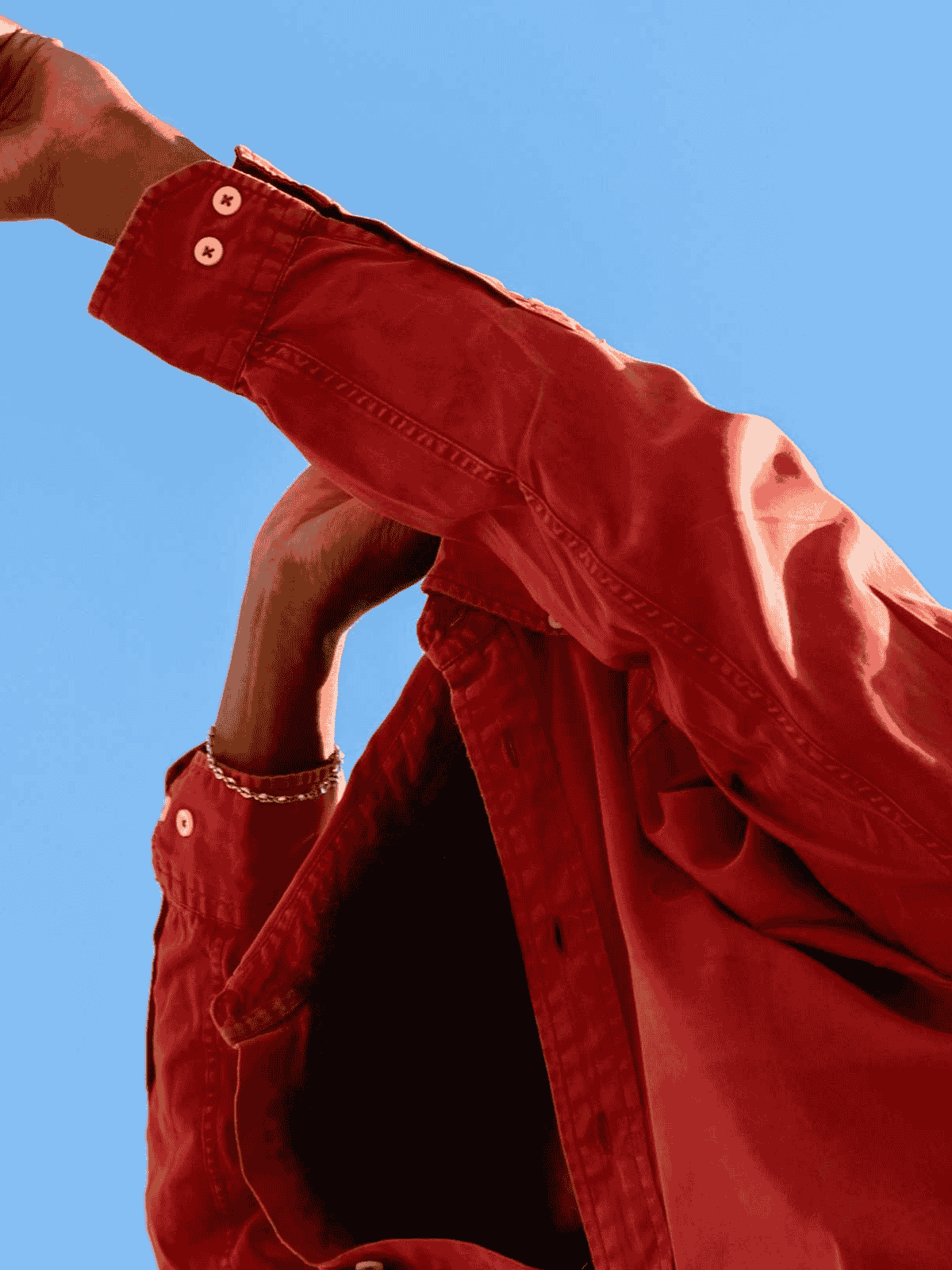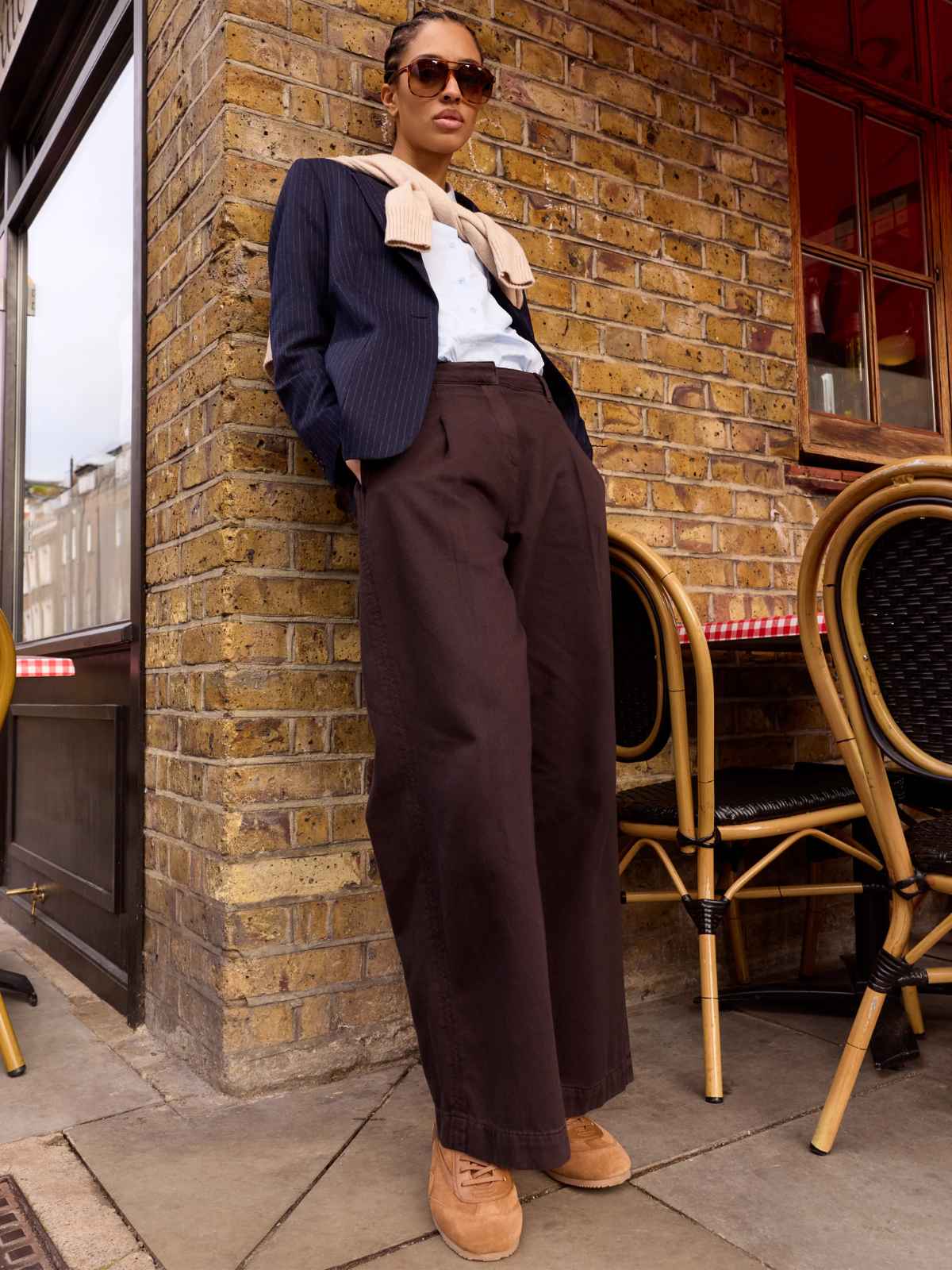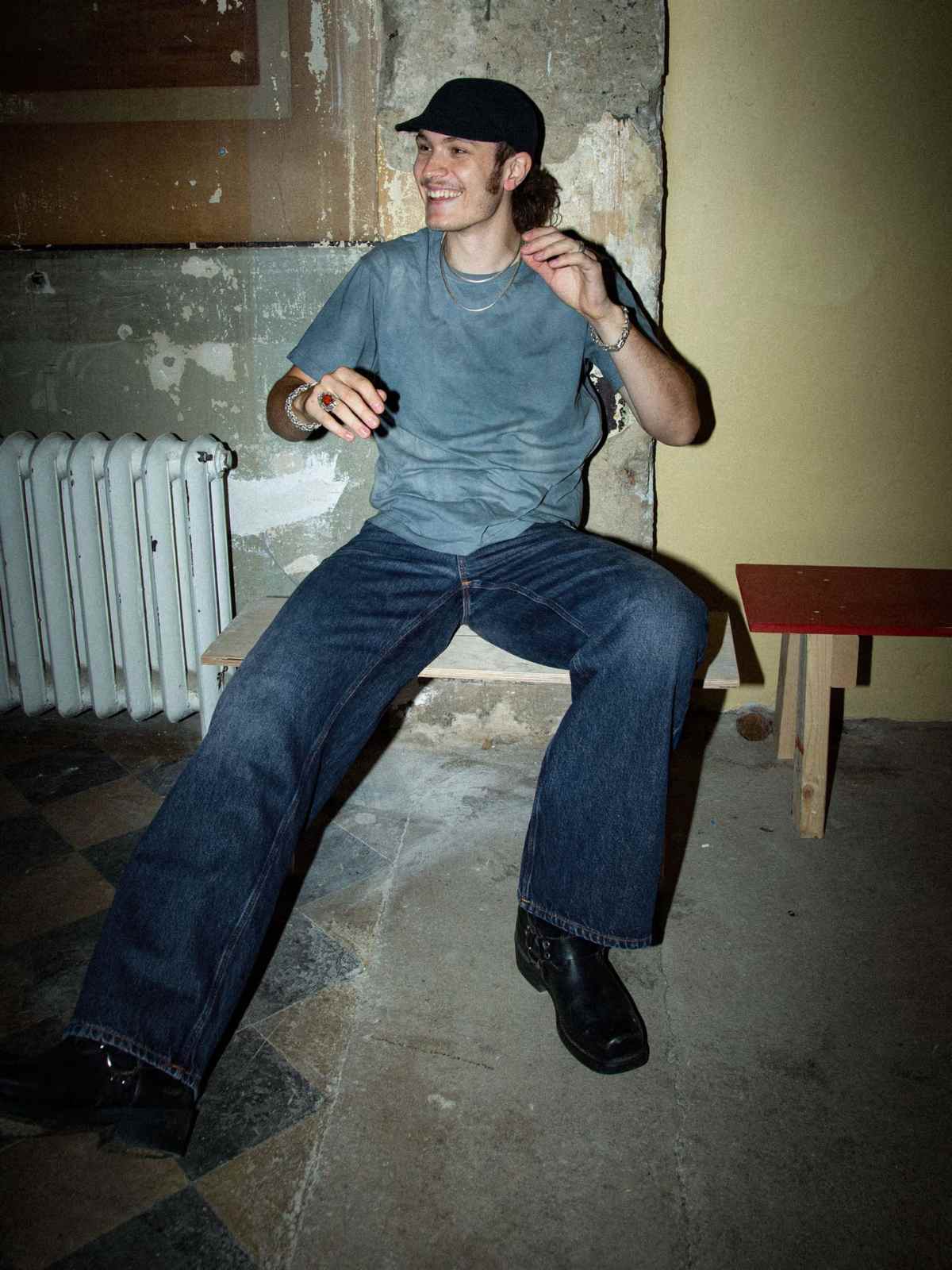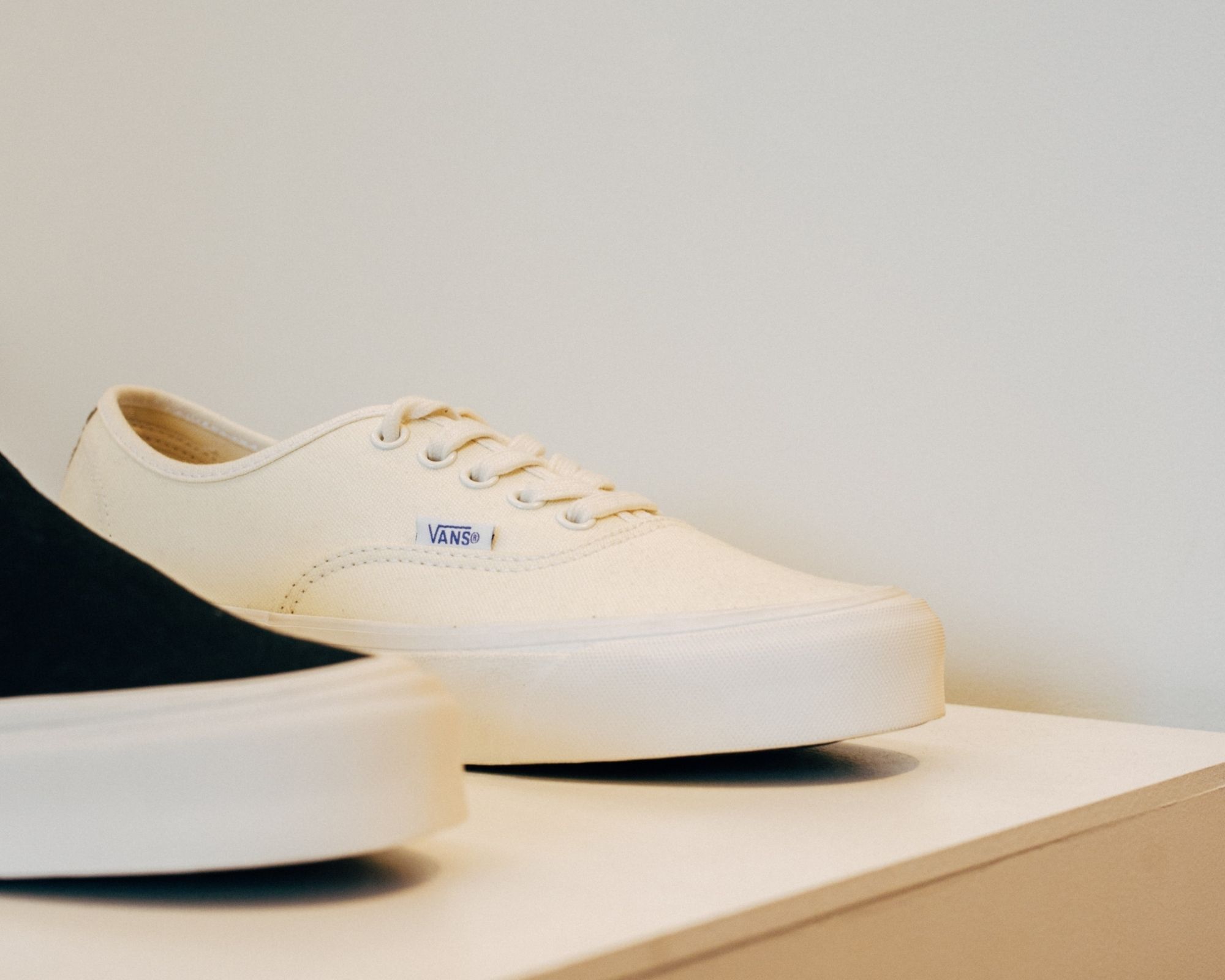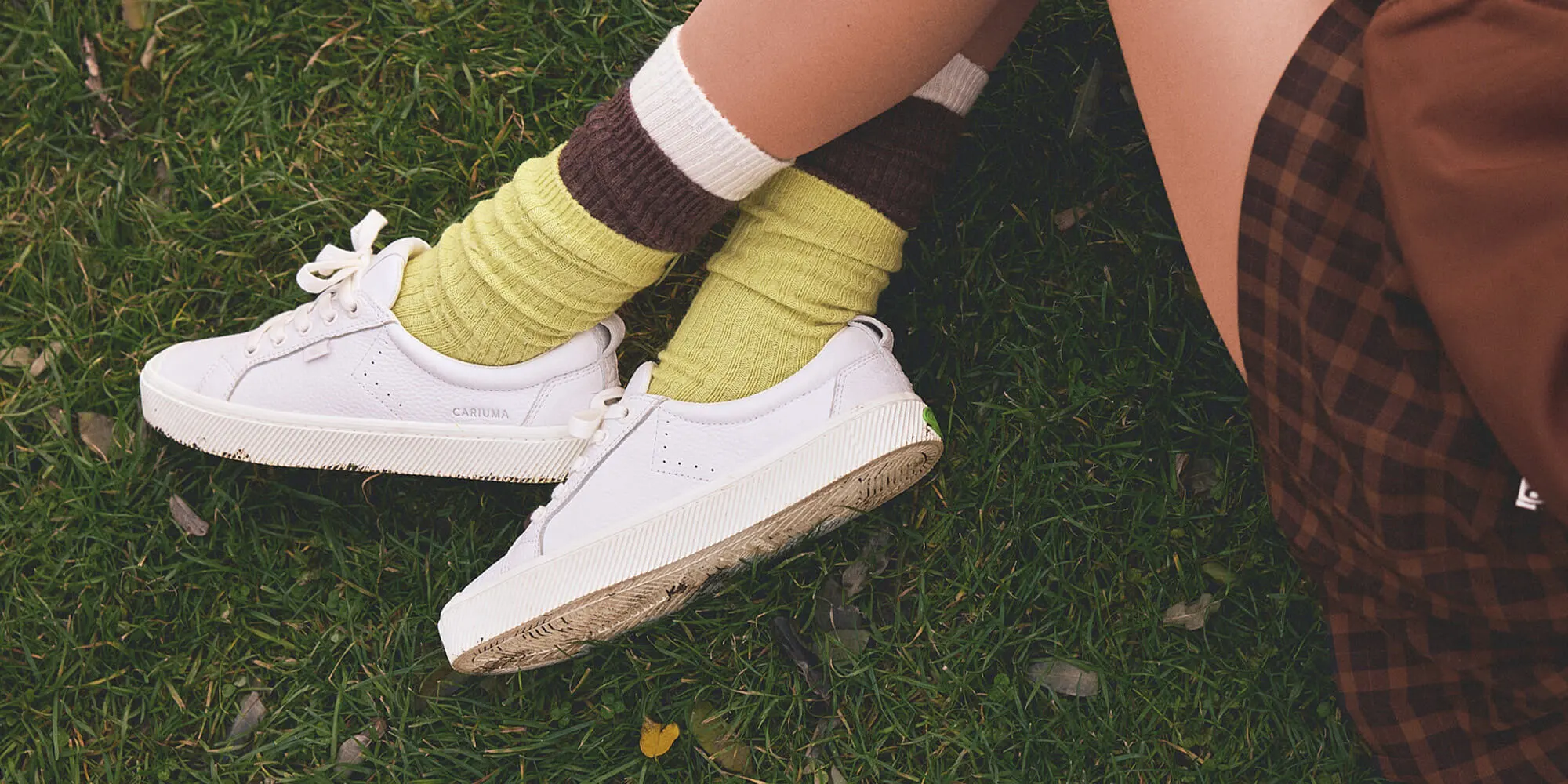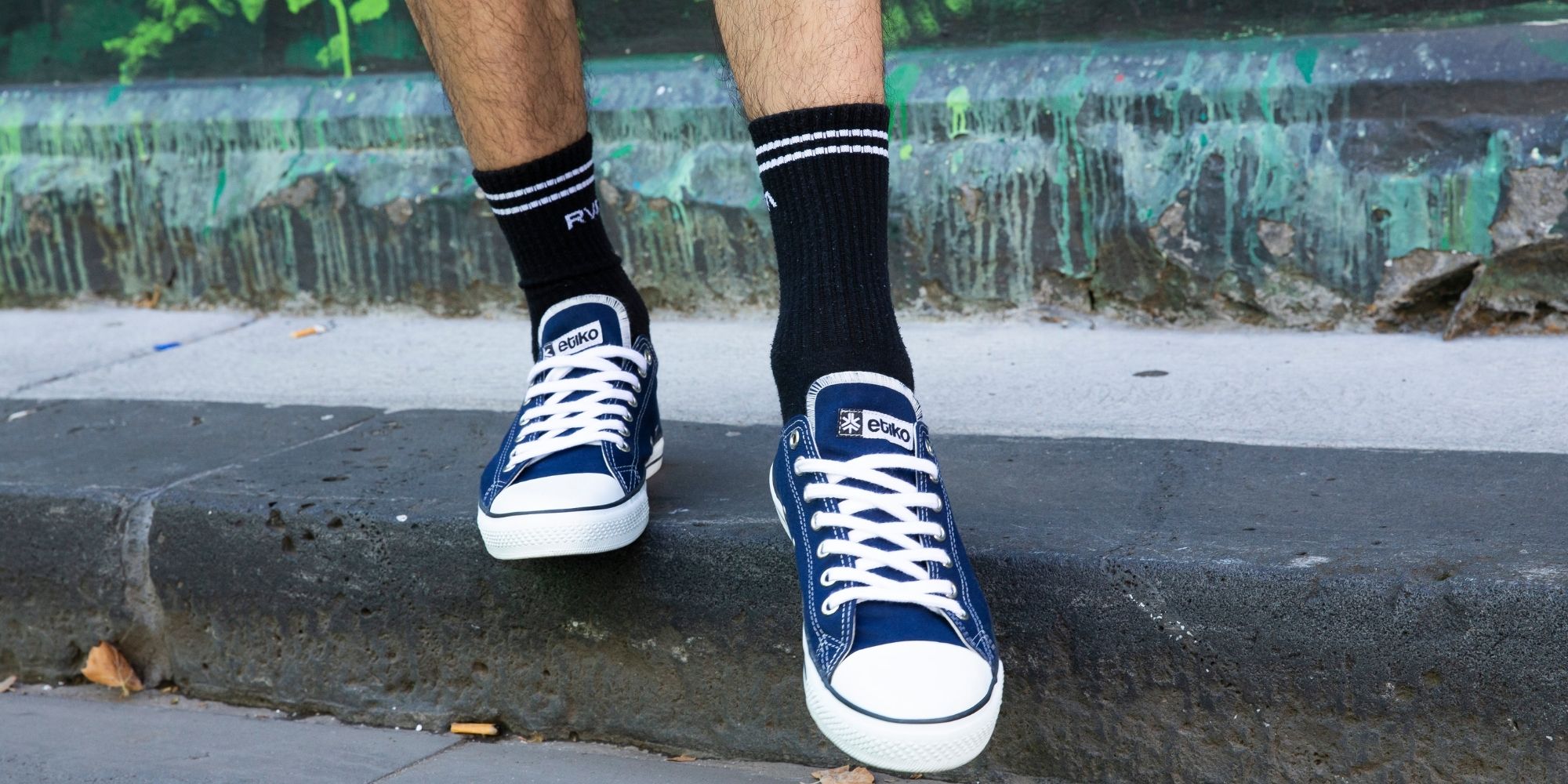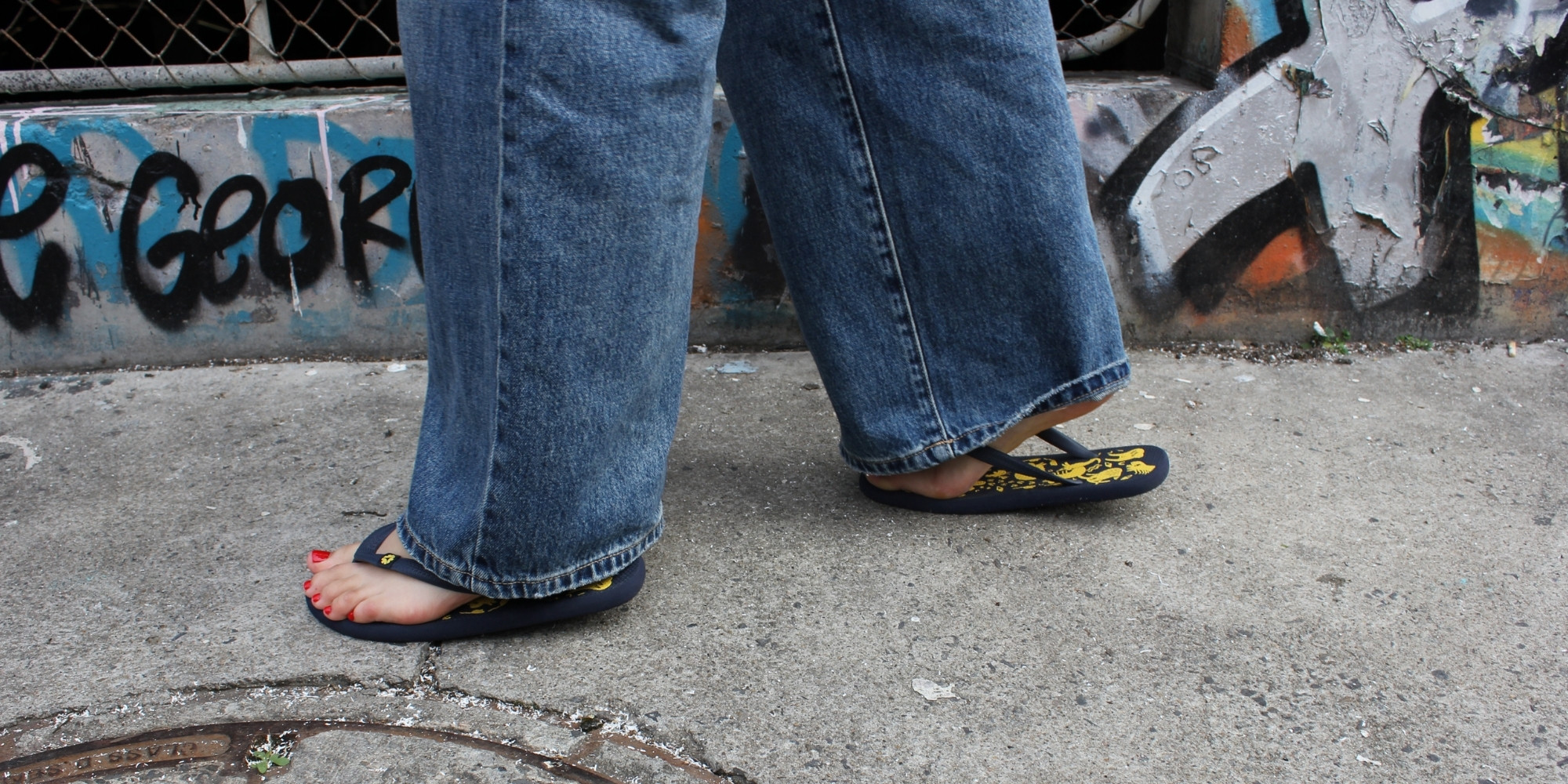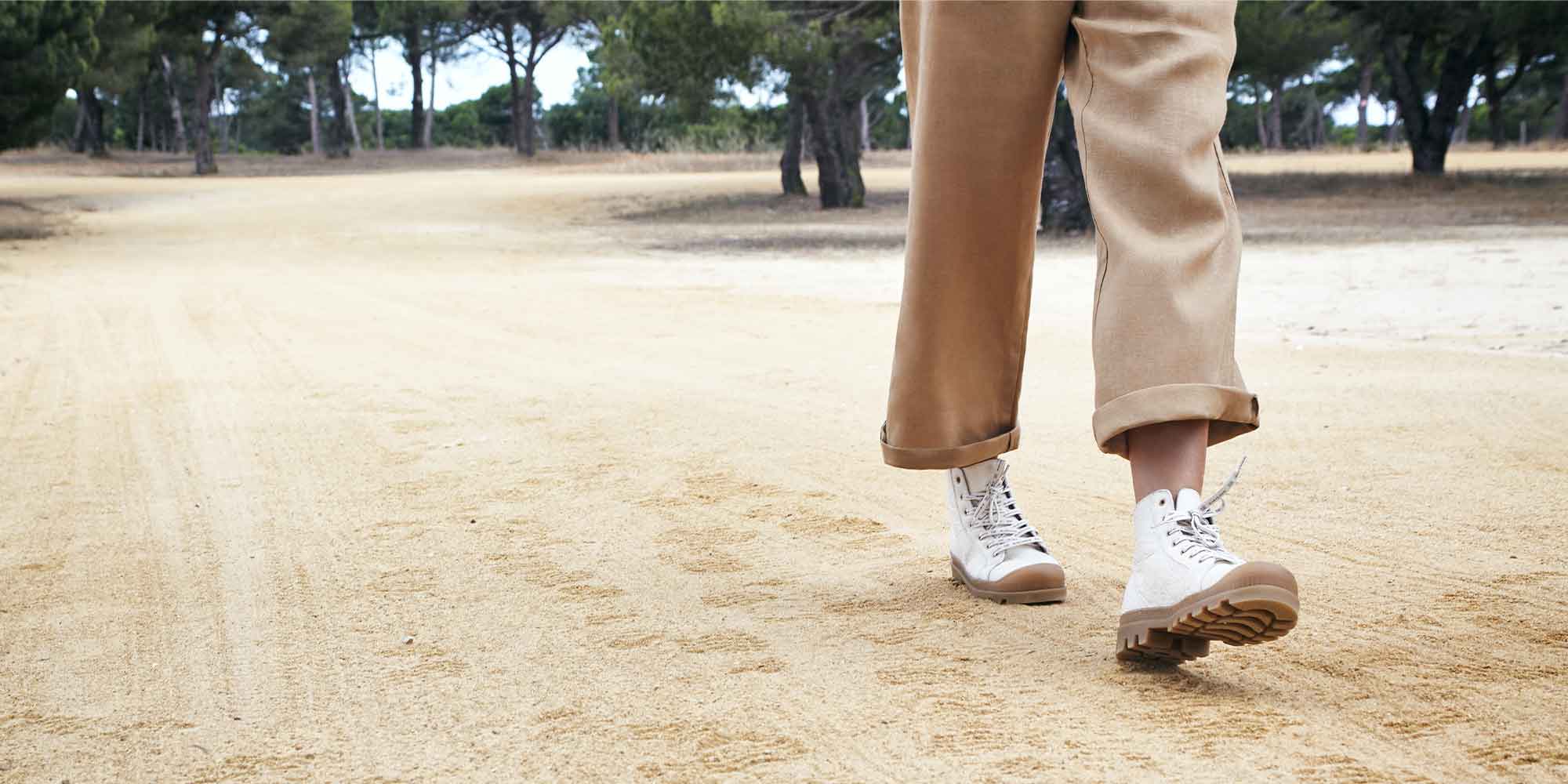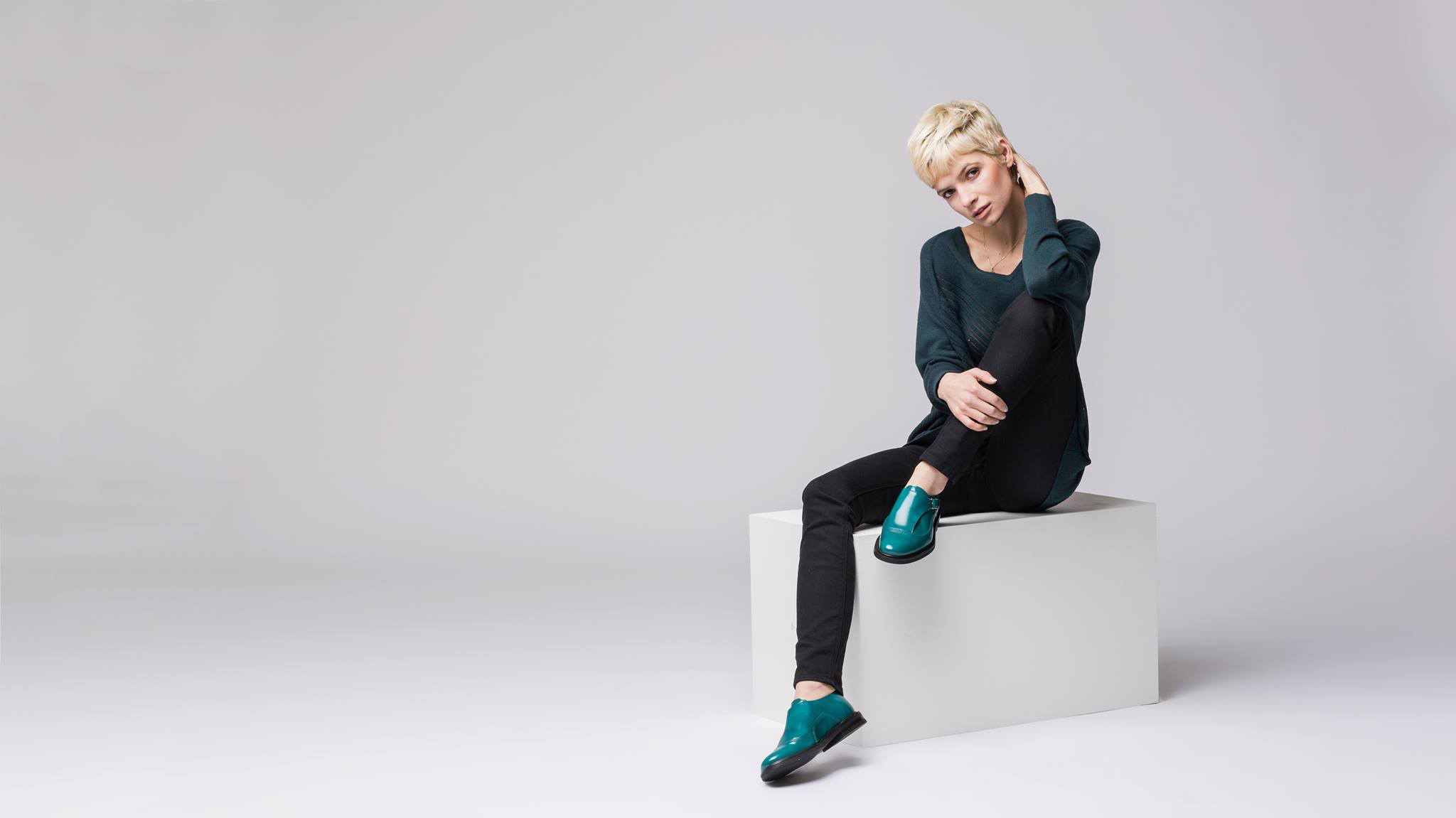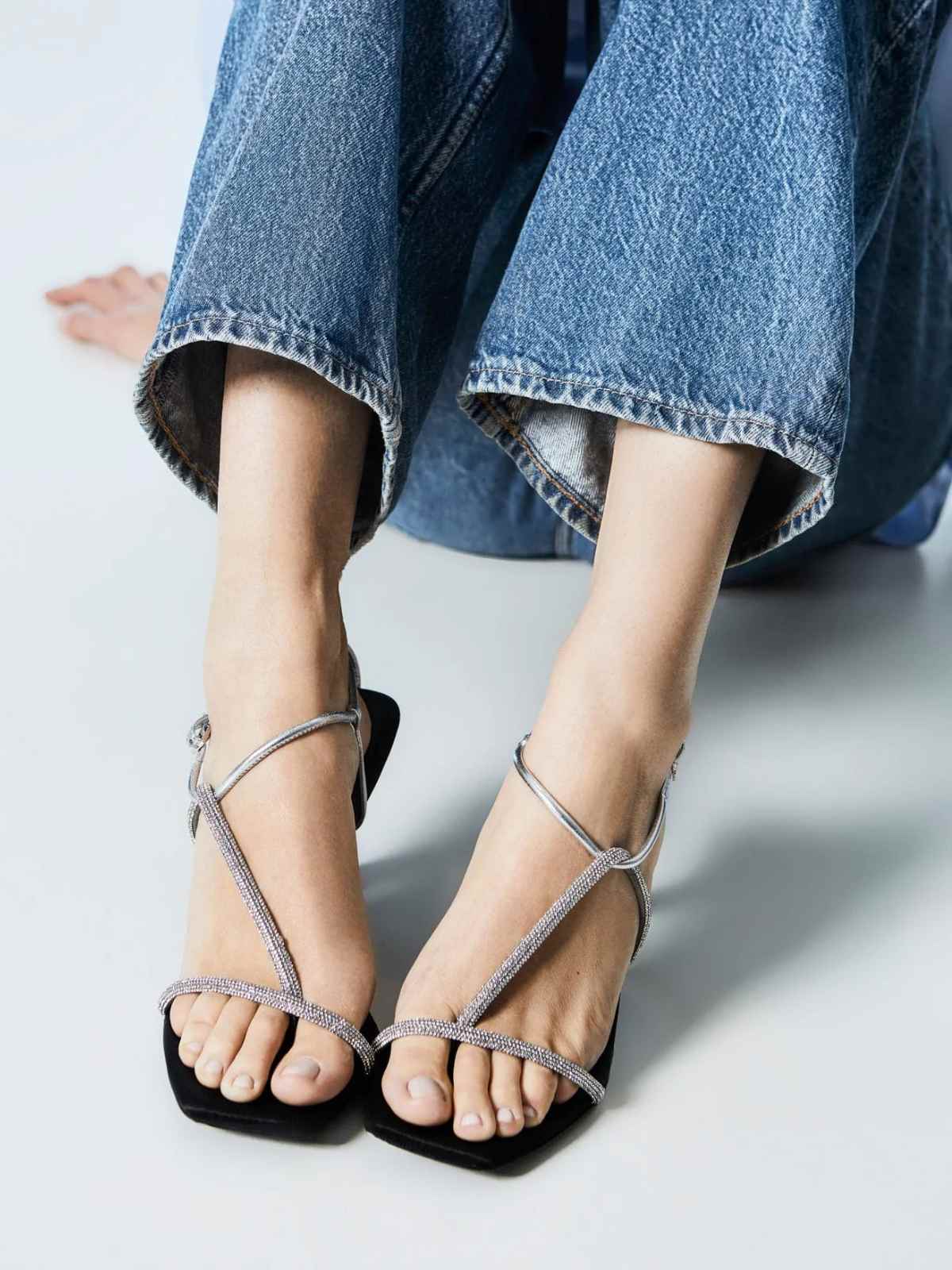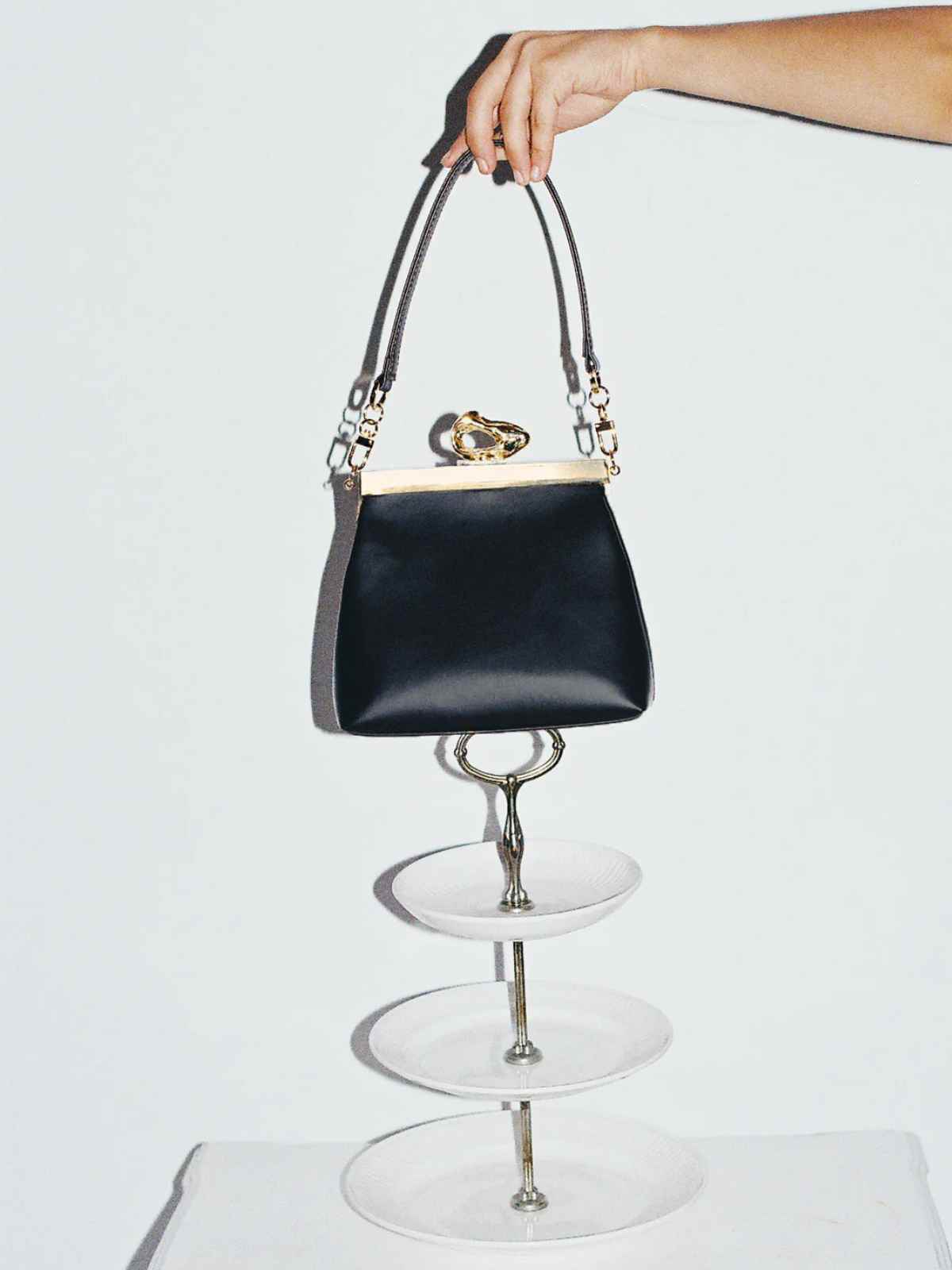Our editors curate highly rated brands that are first assessed by our rigorous ratings system. Buying through our links may earn us a commission—supporting the work we do. Learn more.
This article is based on the Vans rating published in July 2020.
When it comes to sneakers, one iconic brand has been quietly conquering fans all over the world: Vans. Founded in 1966 in California by Paul Van Doren, James Van Doren, and Gordon C. Lee, Vans (now owned by VF Corporation) became a favourite with skaters, who liked the heavy, sticky soles and how comfortable they were. Vans has over half a century under its belt, but how does this legendary brand impact on people, the planet, and animals? We ask: how ethical is Vans?
You don’t have to be a skater to wear Vans, thanks to the streetwear trend that has stuck around since the 90s. Vans are worn by the likes of Kanye West, Rihanna, and Pharrell Williams, and the brand also collaborates with artists such as Led Zeppelin and released four pairs of David Bowie-branded shoes. Vans even went viral in 2019 thanks to the “Vans Challenge” that saw the thrown shoes always landing upright. The brand make headlines again that same year for a less quirky reason: it faced a boycott in Hong Kong after it removed a shoe alluding to the city’s anti-government protests from a sneaker design competition, stating it has “never taken a political position”, which is a curious comment from a brand with roots in rebellious youth culture! Trivia aside, let’s take a closer look at how Vans rates across the board.
Environmental Impact
Vans is making little progress for the planet. The brand uses few eco-friendly materials in its products, and doesn’t appear to minimise textile waste or packaging. While it has set an absolute target to reduce greenhouse gas emissions generated from its own operations and supply chain, there is no evidence it is on track to meet its target. For all these reasons, we rated Vans’ environmental impact ‘Not Good Enough’.
Labour Conditions
Based on our own research and the brand’s Fashion Transparency Index score of 51-60%, Vans labour rating is also ‘Not Good Enough’. Disappointingly, none of its supply chain is certified by labour standards which ensure worker health and safety, living wages, or other labour rights, which are fundamental to a good score here. It does publish some information about suppliers and their policies and audits, as well as some information about forced labour, gender equality, or freedom of association. However, this step towards transparency isn’t enough to make up for the questionable conditions of Vans’ workers across the supply chain.
Animal Welfare
Vans still uses leather, as well as down that’s accredited by the Responsible Down Standard. It states that it sources wool from non-mulesed sheep and it doesn’t use fur, angora, or other exotic animal skin or hair. It has a formal animal welfare policy aligned with Five Freedoms and traces some animal products to the first stage of production. These first steps mean an ‘It’s A Start’ rating for animal welfare, but there is still much room for improvement.
Overall Rating: It’s A Start
So, how ethical is Vans? Based on information from own research, we rated Vans ‘It’s A Start’ overall. The brand needs to strengthen its environmental practices by setting targets and using more environmentally-friendly materials. It also needs to improve its labour conditions by implementing worker empowerment initiatives, but more importantly by making sure workers are paid a decent living wage!
Note that Good On You ratings consider hundreds of issues, and it is not possible to list every relevant issue in a summary of the brand’s performance. For more information, see our How We Rate page and our FAQs.
Whether you’re a skater or not, the Good On You team has found some ‘Good’ and ‘Great’ alternatives to Vans.
Good Swaps
Sustainable alternatives to Vans
